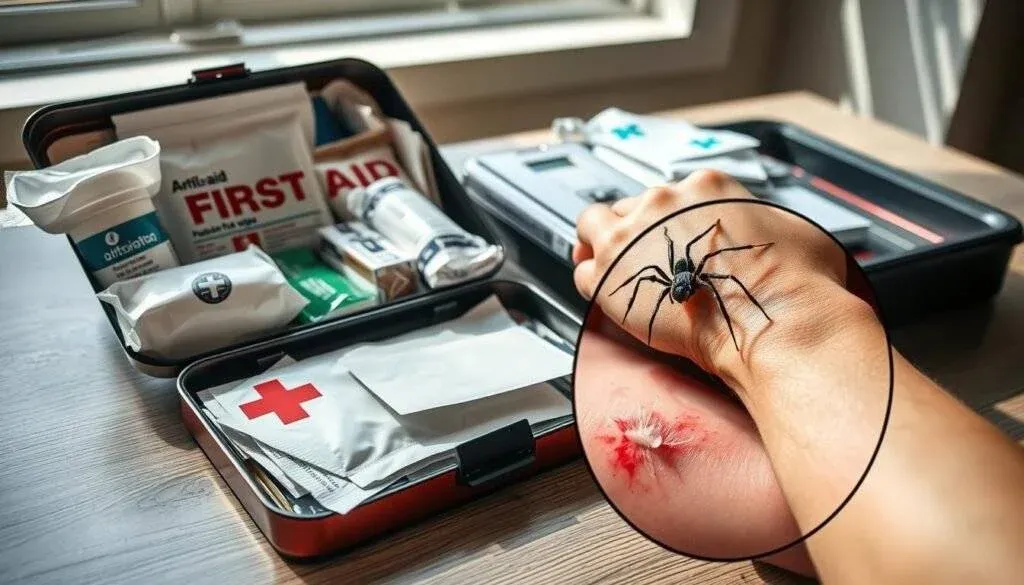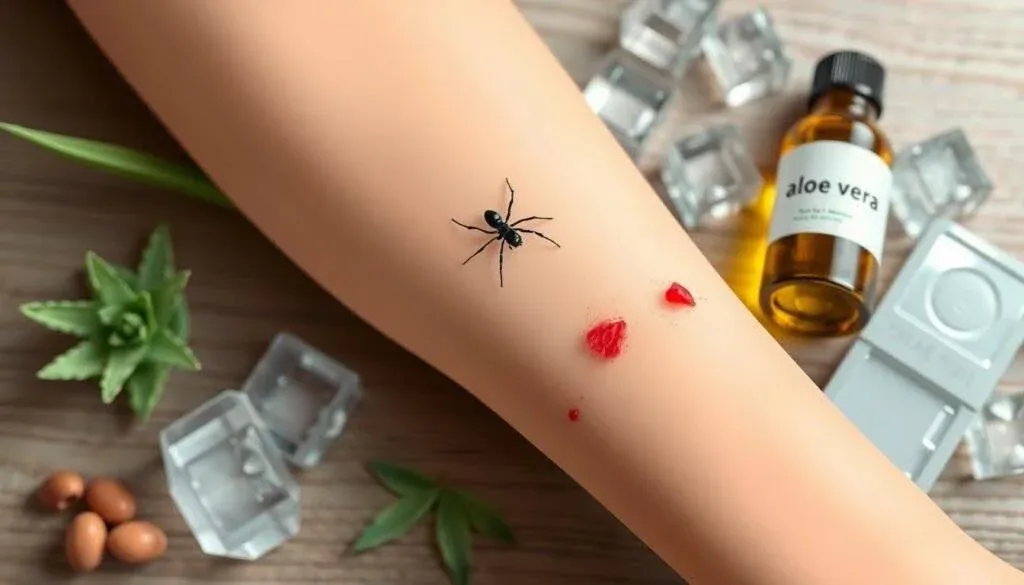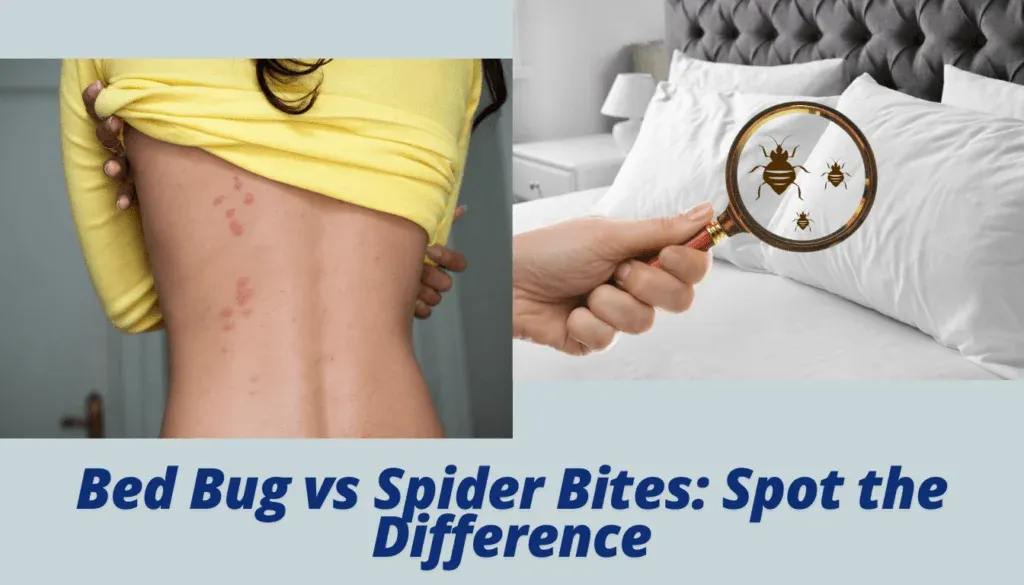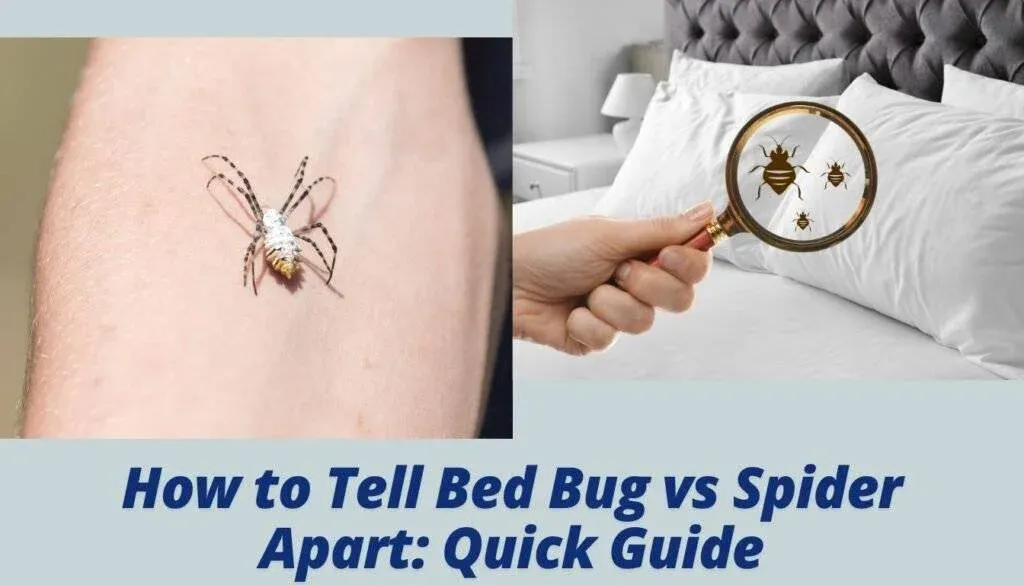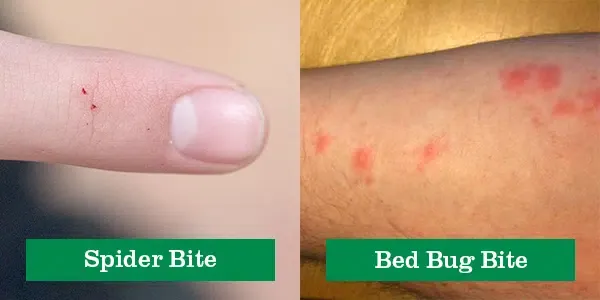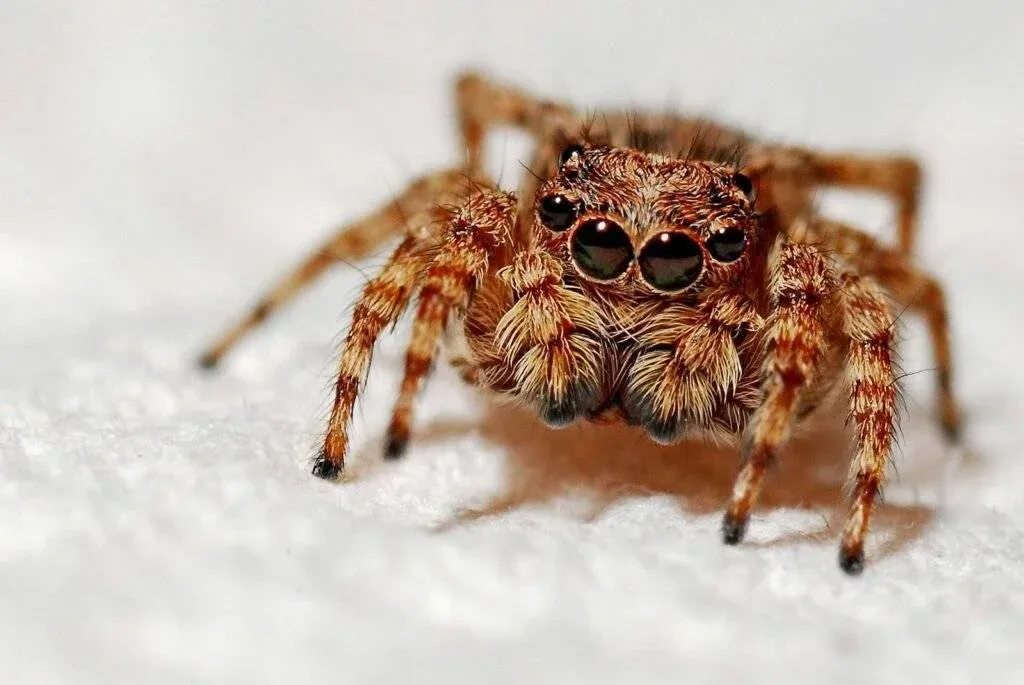Most spider bites heal within a week or two. However, if your spider bite won’t heal, becomes painful, swollen, or develops pus, it might indicate something more serious. While many spider bites are harmless, certain species can cause lasting skin damage, infections, or allergic reactions if left untreated.
Knowing when to treat a bite at home and when to see a doctor can make a big difference in recovery time.
Why a Spider Bite Won’t Heal
If your spider bite won’t heal, there are usually underlying reasons behind the delayed recovery. Here are the most common causes:
Bacterial Infection:
When a spider bite is scratched, bacteria can enter the wound, leading to infection. This often causes redness, warmth, pus, and slow healing.Necrotic Tissue (Dead Skin):
Bites from brown recluse or hobo spiders can cause tissue necrosis — where the skin around the bite starts dying. This makes healing extremely slow and painful.Poor Blood Circulation:
People with diabetes or circulation issues may notice that a spider bite won’t heal as quickly due to reduced oxygen flow to the wound.Allergic Reaction:
Some individuals react strongly to spider venom, leading to inflammation, blisters, and prolonged irritation.Misdiagnosis:
Sometimes, what looks like a spider bite is actually a staph infection, insect sting, or skin abscess. Treating it as a spider bite can delay proper healing.
Signs That Your Spider Bite Needs Medical Attention
If your spider bite won’t heal or you notice worsening symptoms, don’t ignore it. Seek medical care immediately if you experience:
Increasing pain, redness, or swelling
A black or purple center surrounded by red skin
Pus, drainage, or foul odor
Fever, chills, or fatigue
Spreading redness or streaks from the wound
These are signs of infection or venom-related complications that need professional treatment.
Home Remedies for Mild Spider Bites
If the bite isn’t severe but your spider bite won’t heal quickly, home care can help promote recovery.
Clean the Area:
Gently wash with mild soap and water twice daily to prevent bacteria buildup.Apply Cold Compress:
Use an ice pack for 10 minutes every hour to reduce swelling and pain.Use Antibiotic Cream:
Apply an over-the-counter antibiotic ointment like Neosporin to help prevent infection.Keep It Elevated:
Elevate the affected area to reduce inflammation and improve blood flow.Avoid Scratching:
Scratching can reopen the wound and introduce bacteria, delaying healing further.
If your spider bite won’t heal after a week of home care, it’s best to get it examined by a doctor.
Medical Treatments for a Spider Bite That Won’t Heal
When a spider bite won’t heal despite home remedies, doctors may use advanced treatments to manage infection, tissue damage, or allergic responses.
Possible Medical Treatments Include:
Prescription Antibiotics: To clear bacterial infections and prevent abscess formation.
Corticosteroids: To reduce severe inflammation and allergic swelling.
Debridement: Removal of dead or damaged tissue to promote healing.
Wound Dressings: Specialized bandages that keep the wound moist and clean.
Pain Management: Over-the-counter pain relievers or prescription options if needed.
If necrosis develops, healing can take several weeks or months, depending on how deep the damage is.
Common Spiders That Cause Hard-to-Heal Bites
Understanding the type of spider can help explain why your spider bite won’t heal properly. Some venomous spiders inject toxins that destroy skin cells or blood vessels.
Brown Recluse Spider:
Known for necrotic bites, often causing open sores that heal slowly.Black Widow Spider:
Its venom affects the nervous system more than the skin but can still cause lingering redness or pain.Hobo Spider:
Found in the U.S. Northwest, their bites may lead to long-lasting ulcers or scarring.Wolf Spider:
Typically causes mild irritation but may become infected if untreated.
If you suspect a venomous bite, save the spider (if safe to do so) or take a clear photo for identification when visiting a doctor.
Why Spider Bites Are Often Misunderstood
One major reason people say their spider bite won’t heal is misidentification. Studies show that many “spider bites” are actually bacterial infections such as MRSA. These infections mimic bite symptoms but worsen over time if treated incorrectly.
When in doubt, consult a healthcare provider for an accurate diagnosis and proper wound care plan.
Natural Remedies That May Help
While not replacements for medical treatment, some natural remedies can aid recovery when a spider bite won’t heal:
Aloe Vera Gel: Soothes irritation and promotes skin regeneration.
Honey: Has natural antibacterial properties that help fight infection.
Tea Tree Oil (diluted): Helps reduce swelling and prevent microbial growth.
Turmeric Paste: Acts as a mild anti-inflammatory and antioxidant.
Always do a patch test before applying natural products to sensitive or open skin.
Preventing Future Spider Bites
If your spider bite won’t heal, it’s natural to want to prevent future ones. To minimize risks:
Shake out shoes and clothes before wearing.
Seal cracks and gaps around windows and doors.
Keep storage areas clean and clutter-free.
Use insect repellents in spider-prone regions.
These simple habits can reduce your chances of another painful experience.
Recovery Outlook
In most cases, even if a spider bite dont heal initially, it eventually does with the right care. Healing time depends on your overall health, the type of spider, and whether infection occurred.
For mild bites: recovery takes 7–14 days.
For serious necrotic bites: healing may take 6–8 weeks or more, with potential scarring.
Prompt medical attention and consistent wound care make a major difference in recovery outcomes.
Conclusion
If your spider bite won’t heal, don’t ignore it persistent wounds may signal infection, necrosis, or an underlying condition. Proper cleaning, topical treatments, and medical evaluation can help restore skin health and prevent complications.
When in doubt, always seek professional advice rather than waiting for the wound to heal on its own.

